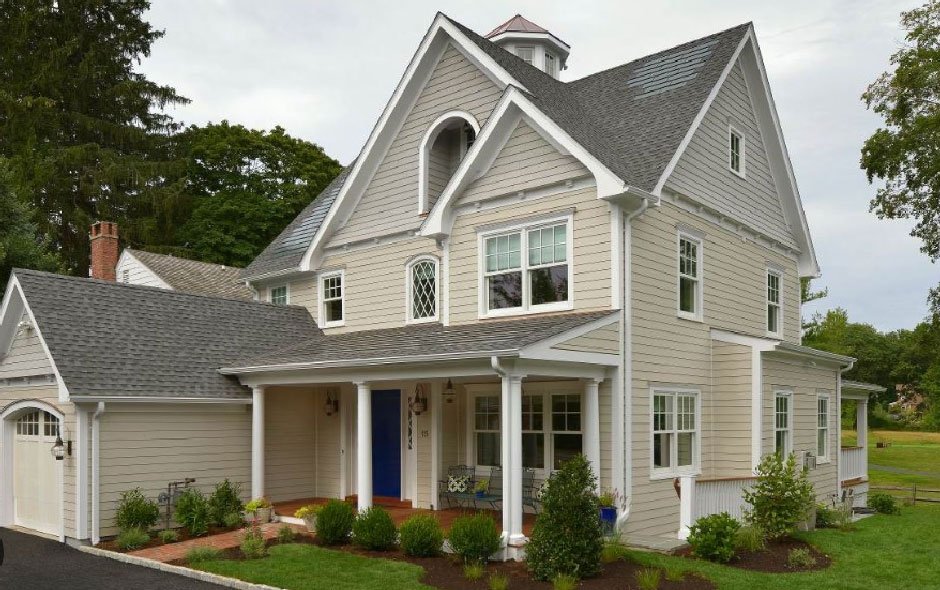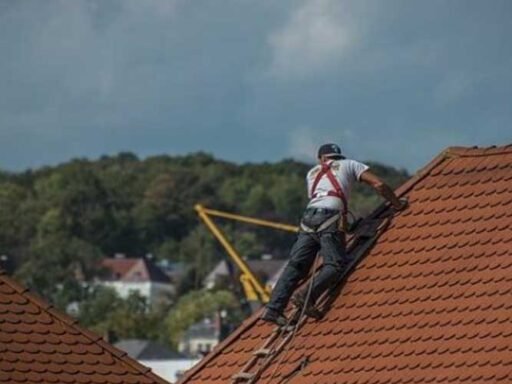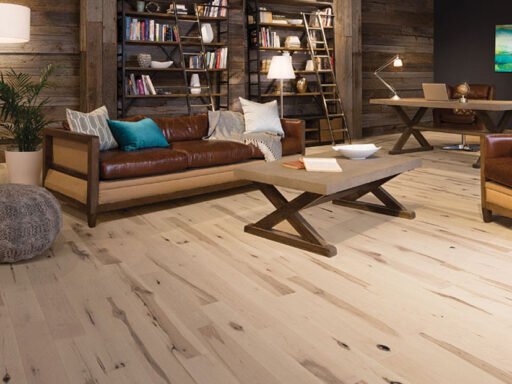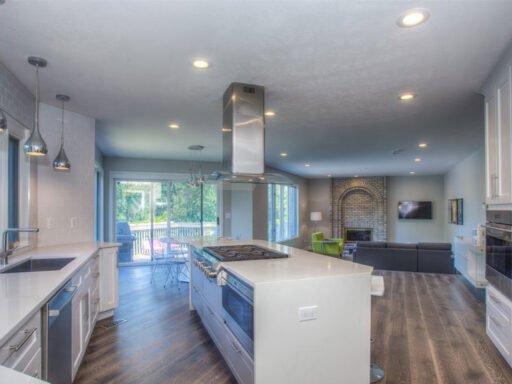ICF (Insulated Concrete Form) homes come with a number of features that make them different from traditional buildings. The application of ICF in residential construction has revolutionized the way homes are designed and built, enhancing durability and efficiency. This provides benefits that appeal to homeowners, builders, and environmentalists. Here are six unique features of ICF homes:
1. Superior Insulation and Energy Efficiency
An ICF wall is made of rigid foam insulation panels that are filled with reinforced concrete. This combination provides a continuous insulation barrier that minimizes heat flow in and out of the building. Compared to wooden frame houses that have spaces and thermal bridges, ICF homes provide a more efficient thermal envelope. The energy consumption is significantly cut down. Homeowners are able to pay less for their energy bills. The energy efficiency of ICF homes is another factor that makes these homes to be environmentally friendly.
2. Unmatched Durability and Strength
ICF walls are made of reinforced concrete core. This offers a level of strength that can be matched by traditional wood or steel framing. This strength makes Insulated Concrete Form homes resistant to natural calamities such as hurricanes, tornadoes, and earthquakes. You remain certain that the structure can endure different calamities and harsh weather climates.
3. Enhanced Soundproofing Capabilities
Foam insulation and concrete are used together to create a barrier that blocks out external noise. This provides an additional benefit for homes located in noisy areas, such as business centers or close to major roads. The soundproofing features make these houses ideal for properties used as studios or home offices.
4. Environmental Sustainability
The energy efficiency of these homes decreases the overall energy demand for heating and cooling. Due to its design, it also reduces the use of fossil fuels. Materials used in ICF construction, like concrete and foam insulation, are usually recyclable and have a longer life span than some of the traditional building materials. This helps minimize construction materials’ effects on the environment in terms of production and disposal. ICF homes are beneficial for the occupants because they reduce the amount of pollutants and allergens that can enter the home, leading to improved indoor air quality.
5. Design Flexibility and Aesthetic Appeal
Insulated Concrete Form homes are also very versatile in terms of design. They can be constructed in various architectural styles and finishes, ranging from sleek and contemporary to more conventional styles. A modern home with large windows and float roofs may be designed using ICF. The home can be completed with brick, stucco, stone, or siding. Any material can be incorporated into the structure to blend seamlessly with suburban neighborhoods, countryside retreats, or urban settings. This flexibility enables homeowners to get their preferred look while at the same time enjoying the benefits of ICF construction.
6. Resistance to Fire and Pest
The core concrete of the walls is non-combustible, and in the case of a fire, an ICF home helps prevent it from spreading. It may also be able to shield the residents and their property. This fire resistance feature is especially significant for homes in fire-prone areas. The foam insulation used in ICF construction is not a food source for pests such as termites, which wreak havoc on wooden-framed homes and may cause other damage.
Invest in ICF Homes
ICF homes offer a viable solution for anyone who wants to construct a strong, energy-efficient, and sustainable home. They are a modern and practical choice for homeowners who are looking for an eco-friendly and renewable energy option. If you are thinking about constructing a new home, learn more about ICF construction. A team can help you understand and design a home with ICF materials for durability and longevity.





